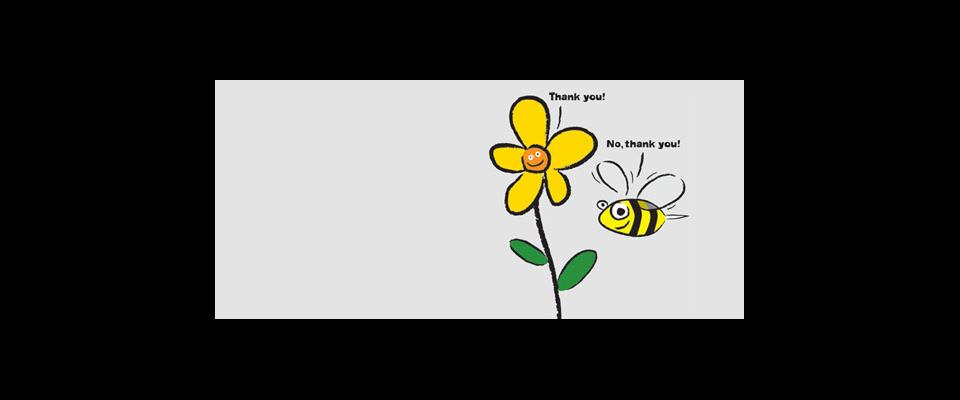At the height of the pandemic, I took a motorcycle safety course—partly for research, partly for the hell of it. Most of what I learned has since been forgotten or relegated to muscle memory, but one thing has stuck in my mind: target fixation. That is, the tendency to focus so intently on an obstacle you’re trying to avoid that you run into it.
In the course, you’re taught to keep your eyes up, focus on where you want to go. Do that and you can weave through traffic cones, no sweat. Fixate on one of those cones, though, and bam, down it goes.
It’s not just motorcyclists who are prone to target fixation; mountain bikers, skiers, drivers, and pilots are all susceptible. I think we as a society are too; we get so fixated on problems that we lose track of desired outcomes. In the case of climate change, the seeming intractability of the problem and the scale of the coming catastrophe have us paralyzed. To avoid crashing, we need to lift our collective gaze, look where we want to go, steer with confidence.
The organizing theme of this issue is Optimism—not the blithe, Panglossian optimism that says everything is as it should be, but rather the kind of hard-nosed, fact-facing optimism that F. Scott Fitzgerald described when he wrote: “The test of a first-rate intelligence is the ability to hold two opposed ideas in the mind at the same time, and still retain the ability to function. One should, for example, be able to see that things are hopeless and yet be determined to make them otherwise.”
The Berkeley scientists and engineers Glen Martin talked to for our cover story display that kind of intelligence. Without minimizing the challenges we face in transitioning to a zero-carbon energy system, they point to numerous signs of hope, from promising technologies like iron-air batteries to the increasingly favorable economics of solar power. None of them believe it will be easy to get through the bottleneck ahead—quite the opposite. But we can, and must, do so.
Optimism is also at the heart of the profile of John Mather. Mather is the 2023 Alum of the Year, who led the multi-billion-dollar James Webb Space Telescope to successful deployment. As writer Susan Karlin explains, the telescope was the longest of long shots, designed to unfurl “like a butterfly from a cocoon as it embarked upon 50 major deployments with 178 release mechanisms” in its journey to an orbit around the sun, a million miles from Earth. “If anything went wrong,” Karlin writes, “the space telescope would be space junk.” As unnerving as that sounds, Mather remained cool. “I just had faith it would all work out. And even if it didn’t, I wasn’t going to give up.”
The first magnificent images from Webb have inspired widespread awe, an emotion Berkeley psychologist Dacher Keltner explores in his new book. When Laura Smith spoke to Keltner for our feature, he stressed that awe is not purely positive and in fact often springs from hardship and uncertainty. How we face those challenges—with fear and panic, or resolve and courage—is what really matters.
It’s a theme author Rebecca Solnit often touches upon in her work, including the new book Not Too Late, in which she writes, “We need to remember our own heroic nature, our capacity for courage, compassion, and action, to remember those who came before us who took action against the odds and sometimes won.”
Regular readers will note some differences in this issue of California, now that the magazine is published twice a year instead of quarterly. There are more pages, for starters, giving more room to both the Fiat Lux section, produced by University Development and Alumni Relations, and the In House section, produced by the Cal Alumni Association. And we’ve added a new item to Telegraph based on the popularity of our last cover story. “You’ll Never Believe It Came from Berkeley” is now a running feature (page 20).
Alas, after many years, we’ve bid adieu to our Snapp Chats column. Martin Snapp remains a frequent contributor to the website, however. To accommodate six months’ worth of obituary submissions, we’ve also enlarged our In Memoriam section, which, in this issue, begins with a note of remembrance for Joe Kapp, the legendary Cal coach and quarterback, who died on May 8, shortly before we went to press.
Kapp would have appreciated the spirit of this issue. After all, it was Joe who said “the Bear will not quit, the Bear will not die” after Cal’s all-but-impossible win over Stanford with “The Play.” The last time I spoke with him, I was on my bike pedaling to work. Before leaving home, I had contacted Kapp for a quote, and now he was calling me back. We spoke for a short while, but Joe was already deep in the throes of dementia; his thoughts seemed to ramify in all directions, and I struggled to understand him. With sorrow, I thanked him for his effort, and before he hung up, his voice boomed in my earpiece: “Keep pumping!”
Good advice for all of us.





















